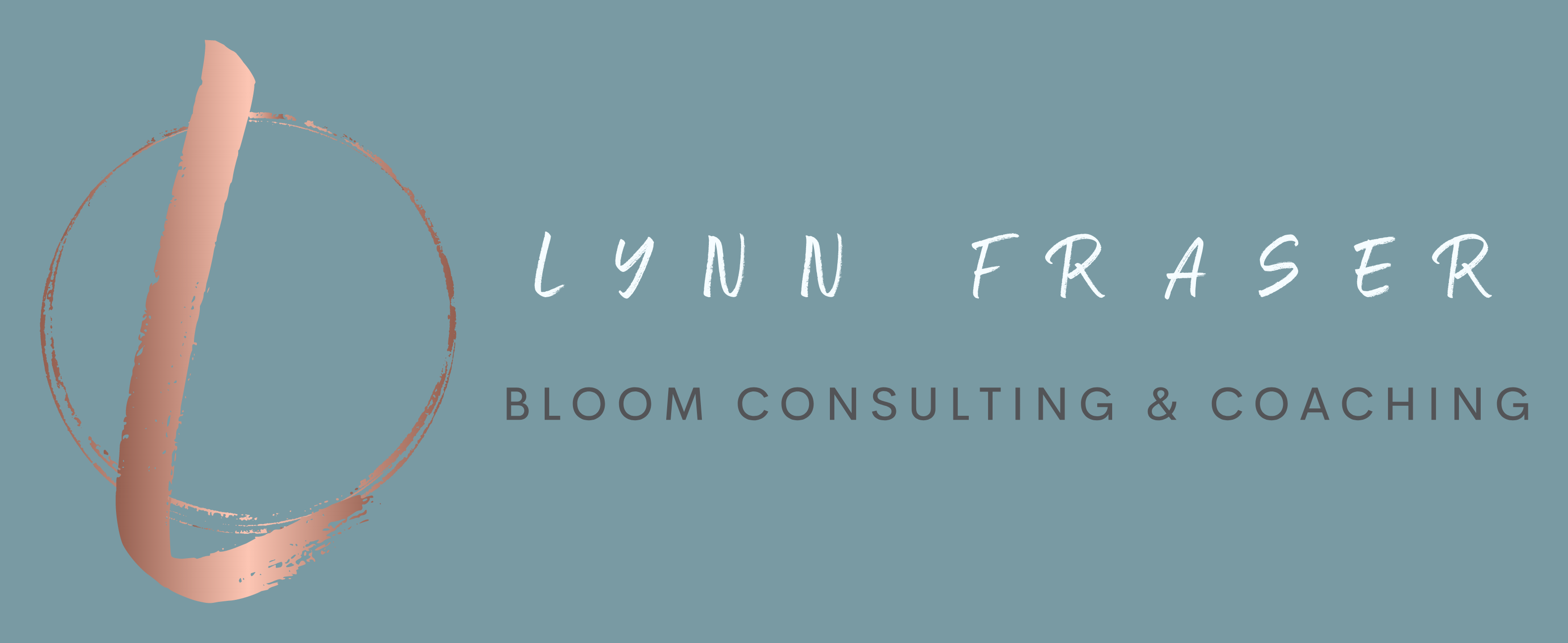We decided to start our Learn to Lead Better Campaign with one of the most important character traits for leaders – self -awareness. While some argue that this is an innate personality trait, other theories say that it is a skill that can be learned. We believe in the latter and to this end, we explore the meaning, the advantages of having it, and why we call it “the leadership trump card”.
What is Self-Awareness?
Self-awareness is the ability to know oneself objectively, through self-reflection and introspection. Although most of us have an idea of what self- awareness is and would like to think of ourselves as highly self-aware, in fact, it is almost impossible to be totally objective about the way we see ourselves. For this reason, self-awareness is measured on a spectrum – so in effect we all have self-awareness to varying degrees.
Self-awareness theory was coined by Duval and Wicklund (1972). They believed that as humans, we have the ability to introspect and even assess our own actions, thoughts, and feelings, which they called “self-evaluation”. During self-evaluation, we are constantly comparing ourselves as we currently are, to our desired persona – the person we want to be, and the standards we have set for ourselves. Using these standards is a way we can practice self-control and emotional regulation, in our attempt to live out our lives positively and achieve our goals.
Self-awareness and the Link to EQ
Self-awareness is thought to be of extreme importance, because how we see ourselves, empathize with ourselves and manage our own emotions, strongly effects the way we perceive others, have empathy for others and relate to the emotions of others. In effect, our level of self-awareness creates a foundation for our level of emotional intelligence.
The term emotional intelligence was created by two researchers, Peter Salavoy and John Mayer in their article “Emotional Intelligence” in the journal Imagination, Cognition, and Personality in 1990. It was later popularized by Dan Goleman in his 1996 book “Emotional Intelligence”.
Our level of EQ is a representation of our ability to understand and manage our own thoughts and emotions and the emotions of others, in a way that positively impacts our actions. It also determines our ability to make decisions, tolerate stress, relate to others, motivate ourselves, perform and stay focused. Interestingly, our own level of EQ begins with our level of self-awareness. Enhancing our self-awareness begins the journey to achieving higher emotional intelligence, or increasing our EQ. We simply must be aware of our own emotions before we can manage them effectively. Self-awareness of our emotions also helps us to empathize, so we can better understand what others are experiencing and in turn, this improves our interpersonal relationships.
Some EQ models such as the Baron model, extend the competence of self-awareness by including self-regard and self-actualization in the composite. Self-regard is explained as “a healthy respect for oneself, while understanding and accepting one’s strengths and weaknesses”. This capacity is often associated with feelings of inner strength and self-confidence and most certainly would be dependent on a healthy self-awareness. Self-actualization is explained as “the willingness to persistently try to improve oneself and engage in the pursuit of personally relevant and meaningful objectives that lead to a rich and enjoyable life’’. This would also not be possible without a healthy dose of self-awareness and an ability to constantly review one’s own actions, thoughts and feelings, and consequently improve oneself.
Advantages of Having Great Self-Awareness
All of this said, the most obvious advantage of having great self-awareness is that it forms the foundation for great overall EQ (emotional quotient). It also helps us to become better decision-makers, it gives us more self-confidence and helps us to be more assertive — so, as a result, we communicate with more clarity and intention. It allows us to understand things from multiple perspectives. It frees us from our assumptions and biases and it ultimately helps us build better relationships. But more than that, a good dose of self-awareness constantly challenges us to be better, to improve and to press on towards our goals, despite our weaknesses.
The Leadership Trump Card
Why is self-awareness such an important leadership trait? For the reasons mentioned before, it is the foundation of great EQ. Leaders who have a high level of EQ are more likely to succeed and are also regarded as being more inspirational. They are the leaders who have mastered the art of understanding self, respecting self and consequently, understanding and respecting others. In particular, in the area of emotions.
We have all met at least one leader in our careers who perhaps has a lack of self-awareness – how does this play out? How they perceive themselves is not necessarily how others perceive them. In juxtaposition, the leader who has oodles of self-awareness is refreshing to work with: they invite feedback (and are not afraid to face it), often have an open-door policy and have no need for office politics. They are continually assessing their own performance not only in a personal capacity but also in their leadership role. “How am I doing? What can I do differently? What can I do to better understand my team and help them better understand me? “ These are all questions the self-aware leader is asking themselves.
The self-aware leader fully acknowledges their strengths and uses them to their advantage. They are also aware of their own short comings and work tirelessly to improve them, or at the very least, have learned to play them down. They have a healthy self-regard, an optimistic approach and are fully in control of their own emotions. As a result, they are respectful of the emotional needs of others, have empathy for others and work hard to understand others, to the benefit of their interpersonal relationships. In short, the self-aware leader has built their house on a very healthy foundation and very little can rock their world.
How Can We Improve our Self-Awareness?
Improving our self-awareness may be more difficult for those of us who are not in the habit of self reflection, but not impossible. Here are a few exercises that can help: ACTIVITIES, GAMES AND EXERCISES TO IMPROVE SELF-AWARENESS
Improving your self-awareness and other EQ composites is essential for leadership success. If you want to improve your self-awareness, please get in touch with me HERE. I am a qualified coach and EQ practitioner and together, we can create an action plan to help you build a healthy foundation of self-awareness!
.


